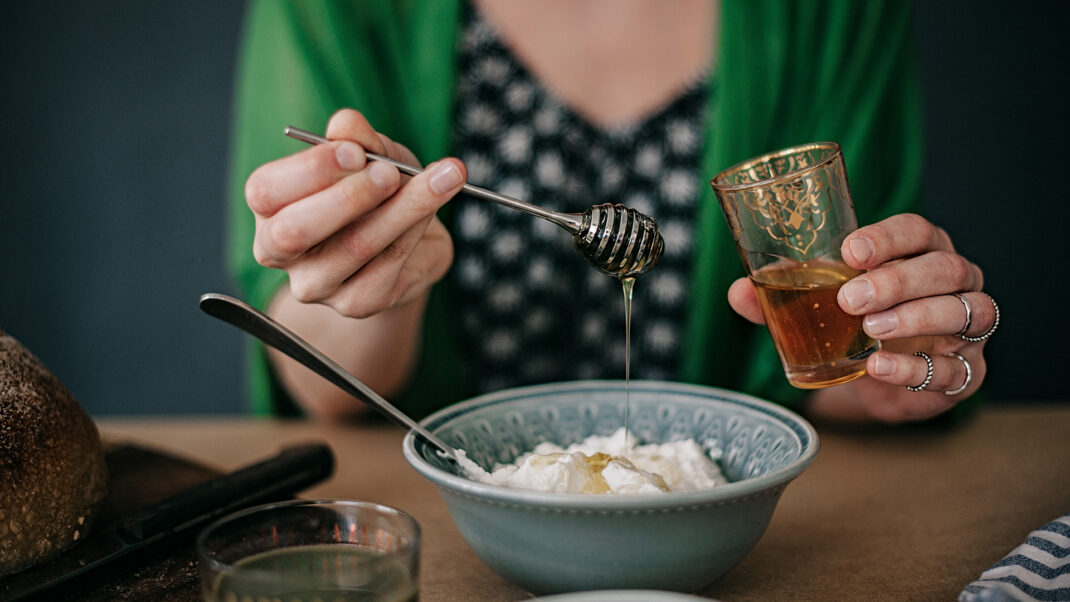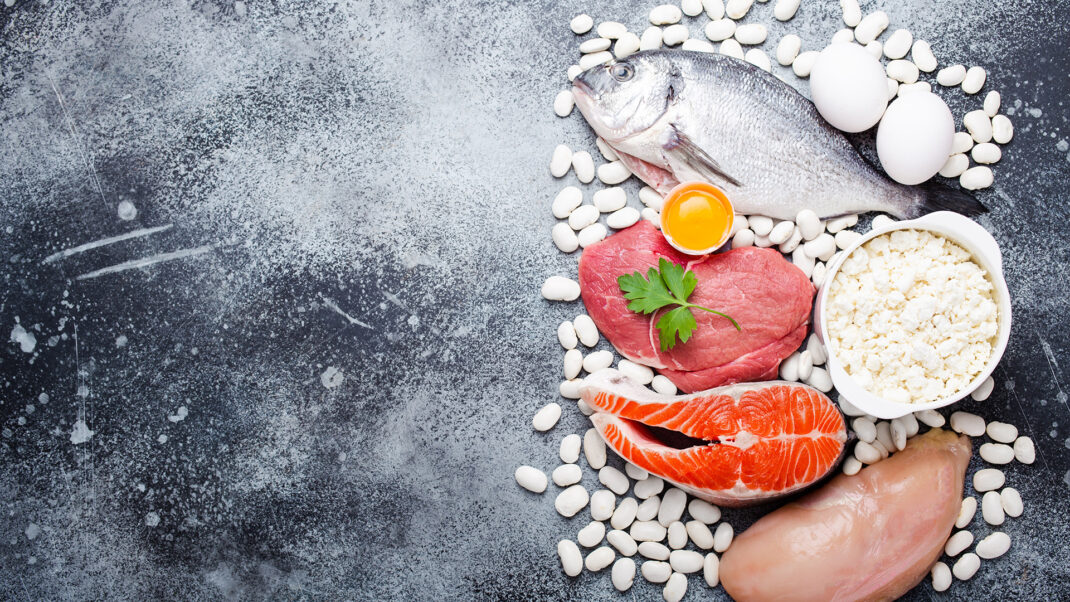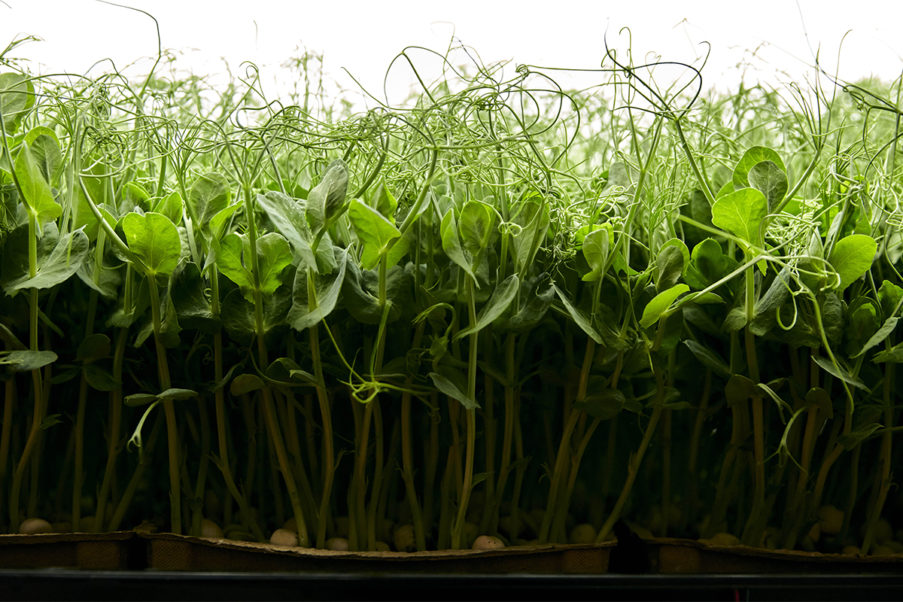Immune System Fact and Fiction
5 questions and answers that separate science from science fiction to boost your “IQ.”

The immune system has been a hot topic during COVID-19. With colds and respiratory diseases re-emerging, there’s good reason to pause and fine tune what we think we know about keeping our body’s defense system harmonized. How sharp is your immunity quotient?
There is a lot of misinformation out there, so we combed through the evidence to sort myth from reality on some long-held immunity beliefs. Here’s a chance to ascertain how well you know your stuff as well as measure an ounce of prevention as the world continues to open up.
Q: Does the immune system really benefit from vitamin C supplementation?
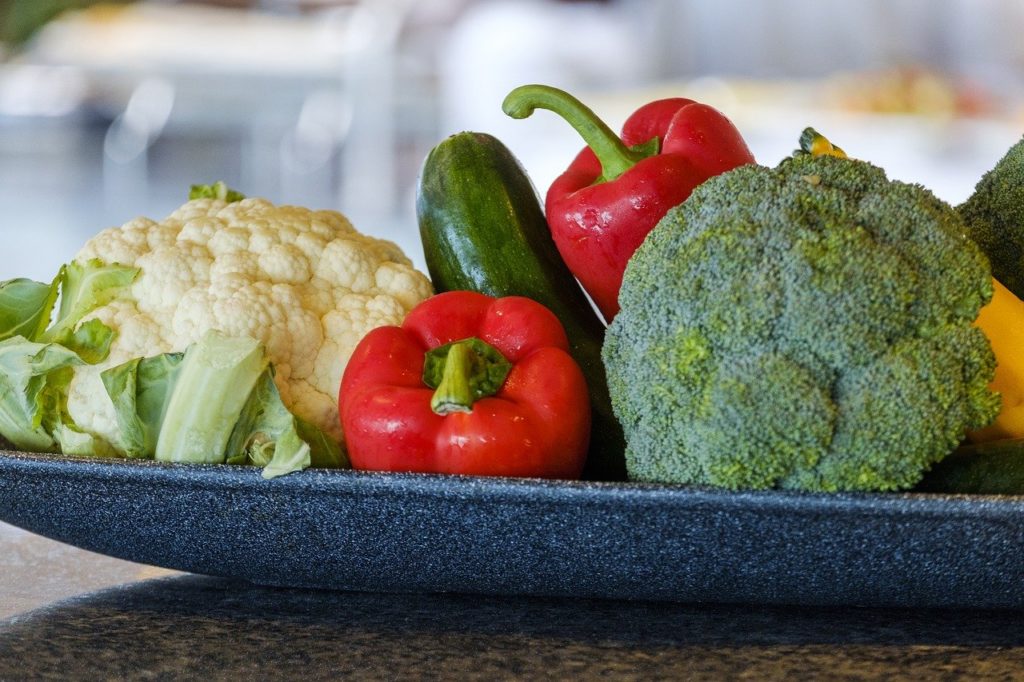
Q: Should you really starve a fever and feed a cold?
Answer: This ages-old axiom is traceable to the 16th century when it was thought that avoiding food while feverish could help the body cool down and that eating while “cold” might help it warm up. Though there may be a whiff of truth in this old saw, in absence of conclusive scientific evidence, it really comes down to honoring body cues.
Since fevers often spike due to bacterial infections that can cause nausea or otherwise suppress appetite, it stands to reason that you may not be hungry. If you don’t feel like eating, don’t force it. Conversely, do all you can to hydrate through the fever bout.
If you can keep something down besides fluids between naps, look to that good old standby, chicken soup (the real deal, from scratch, if possible). There are multiple reasons this tops the Rx chart for sick day food: it’s warm, hydrating, infuses cells with electrolytes and may also contain anti-inflammatory properties that will help you to rebound.
Colds, which are caused by viral infection, may not rein in appetite. Rest, fluids and hunger cues rule again, but try to keep diet choices on the healthy, immune-supportive side. Foods particularly helpful to avail a quicker rally are—you guessed it, chicken soup—green tea (boosts B cell antibodies, critical in adaptive immunity development), honey (antibacterial and antimicrobial) and elderberries (packs phytonutrients, antiviral).
Q: What works better for hand sanitizing—soap and water or store-bought wipes and sanitizer formulas?

Scientists are gradually learning that every human has a unique mix of beneficial bacteria in our guts, and on our skin and hands—all of which keep our bodies in balance. A squirt of sanitizer does a good job of killing harmful bacteria, but the assault is indiscriminate, which means it’s also killing the beneficial bugs.
What’s more, a 2018 study published in Science Translational Medicine showed that multiple strains of bacteria tested in a hospital setting had “adjusted” to alcohol-based sanitizers. While not yet impervious to it, the research showed the microbes could survive for longer periods after a good douse. A surprise and concerning finding in the same study was that many of the alcohol-tolerant strains identified cannot be treated with last-line antibiotics. With antibiotic-resistance concerns mounting, it should give us pause the next time we can make a conscious choice to simply wash our hands.
Q: Can a yogurt a day (or another probiotic food) boost the immune system?
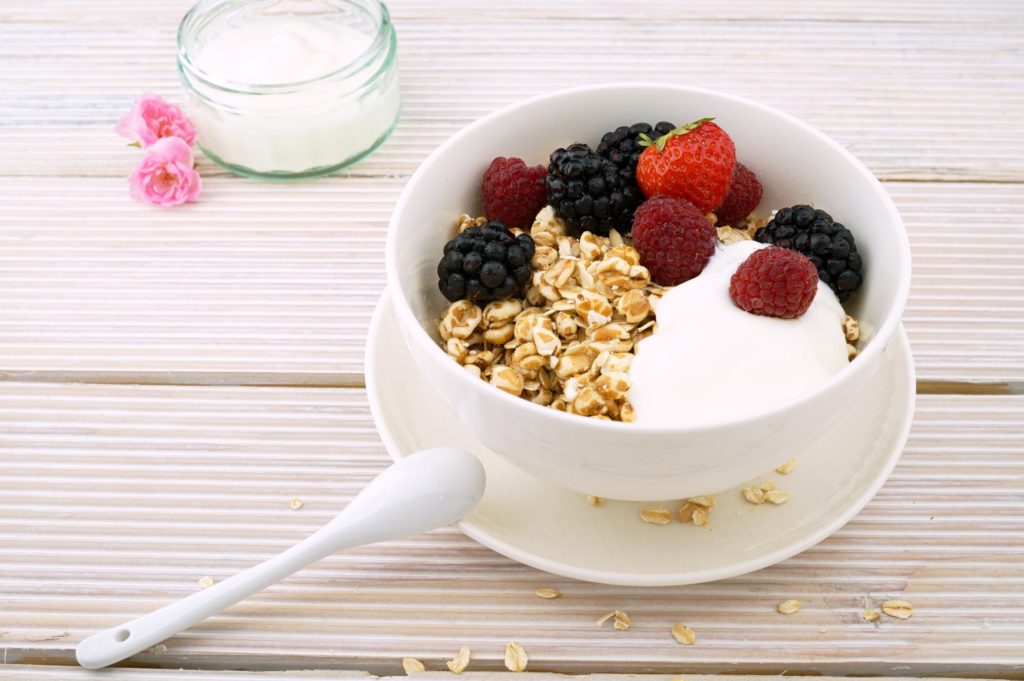
Prescribing exact eating plans and doing blanket recommendations doesn’t work because each person’s digestive microbiome is exclusive. We don’t know what mix of microbial species and colonization is best for maintaining each person’s health and avoiding disease. Factors that come into play for individuals include our genes, epigenetics, immunities, medications, past illnesses and activity levels—among other variables.
Generally speaking, a good rule of thumb for bolstering digestive health is to consume less sugar and refined flour, and to load up on whole foods and as many veggies as possible. Wellness guru Frank Lipman, MD, recommends adding a small helping of fermented foods such as sauerkraut, kimchi, miso, kefir and raw, organic apple cider vinegar to the menu a few times a week.
Stay tuned, as research is unfolding rapidly in digestive microbiome health and will almost certainly usher us into an era of personalized health.
See also: How to Help Your Body Deal With Inflammation
Q: Does exercise boost or reduce the immune system?

The National Institutes of Health reports that while the exact mechanisms are as yet unclear in the literature, regular exercise appears to increase human immunity to certain illnesses.
Theories of how this happens include:
- Exercise promotes improved circulation, which allows components of the immune system to move more freely and efficiently through the body.
- Physical activity may help flush bacteria out of the lungs and airways, which could reduce the chance of getting a cold, flu or other illness.
- Exercise causes change in antibodies and disease fighting white blood cells. These antibodies and WBCs circulate more rapidly, so they can detect illnesses earlier than they might have without exercise.
- The brief rise in body temperature during, and right after, exercise may prevent bacteria from growing. This temperature rise may help the body fight infection better.
Too much of a good thing can be problematic, though, say experts. The NIH cautions that if you already exercise, increasing the amount in the hope of increasing your immunity is not advised. In fact, intense, long-duration endurance sport training and repeated bouts of HIIT can introduce inflammation and raise the risk of infection in overtaxed immune systems.
The Best Defense Is a Sound Offense
Hopefully this primer will help gird you to defend the fort when those first sniffles, coughs and sore throats make their way to your door. Your “IQ” just got the facts it needed to shore up for what may come.
See also: Boost Your Immune System
What Is Immunity?
The immune response is the body’s ability to defend itself against foreign invasion by harmful antigens, most microbes and other explicit threats. Adapted from Physiology, Immune Response (2020, StatPearls Publishing, Treasure Island, Florida), by Angel Justiz Valiant, MD, PhD, of the University of West Indies, and Arif Jan, MD, FACP, assistant professor at Drexel University, here are fast facts about the three types of human immunity.
- Innate: We are born with “natural” immunity that provides general protection. Innate immunity includes barriers such as our skin, saliva, tears, bacterial flora, various cytokines and numerous cells. “The innate response, often our first line of defense against anything foreign, defends the body against a pathogen in a similar fashion at all times,” write Valiant and Jan.
- Adaptive: We actively acquire immunity throughout life. We develop it when we’re exposed to diseases or when we’re immunized against them with vaccines, for example.
- Passive: We can develop immunity from the transfer of immune cells or antibodies from an immunized individual (e.g. antibodies in breast milk are transferred from mother to baby).
Sandy Todd Webster
For 22 years, Sandy Todd Webster was the chief architect of IDEA's content program - including the award-winning IDEA FITNESS JOURNAL and IDEA FOOD & NUTRITION TIPS - the industry's leading resources for fitness, wellness and nutrition professionals worldwide. She created, launched and nurtured these brands and many others during her productive and purposeful IDEA tenure. Sandy is a Rouxbe-certified professional plant-based cook and a Precision Nutrition Level 1 Coach who is pursuing a Master's degree in Sustainable Food Systems through The Culinary Institute of America (expected August 2024). She plans to combine these passions with her content expertise to continue inspiring others to make the world a more just, healthy and regenerative place.

